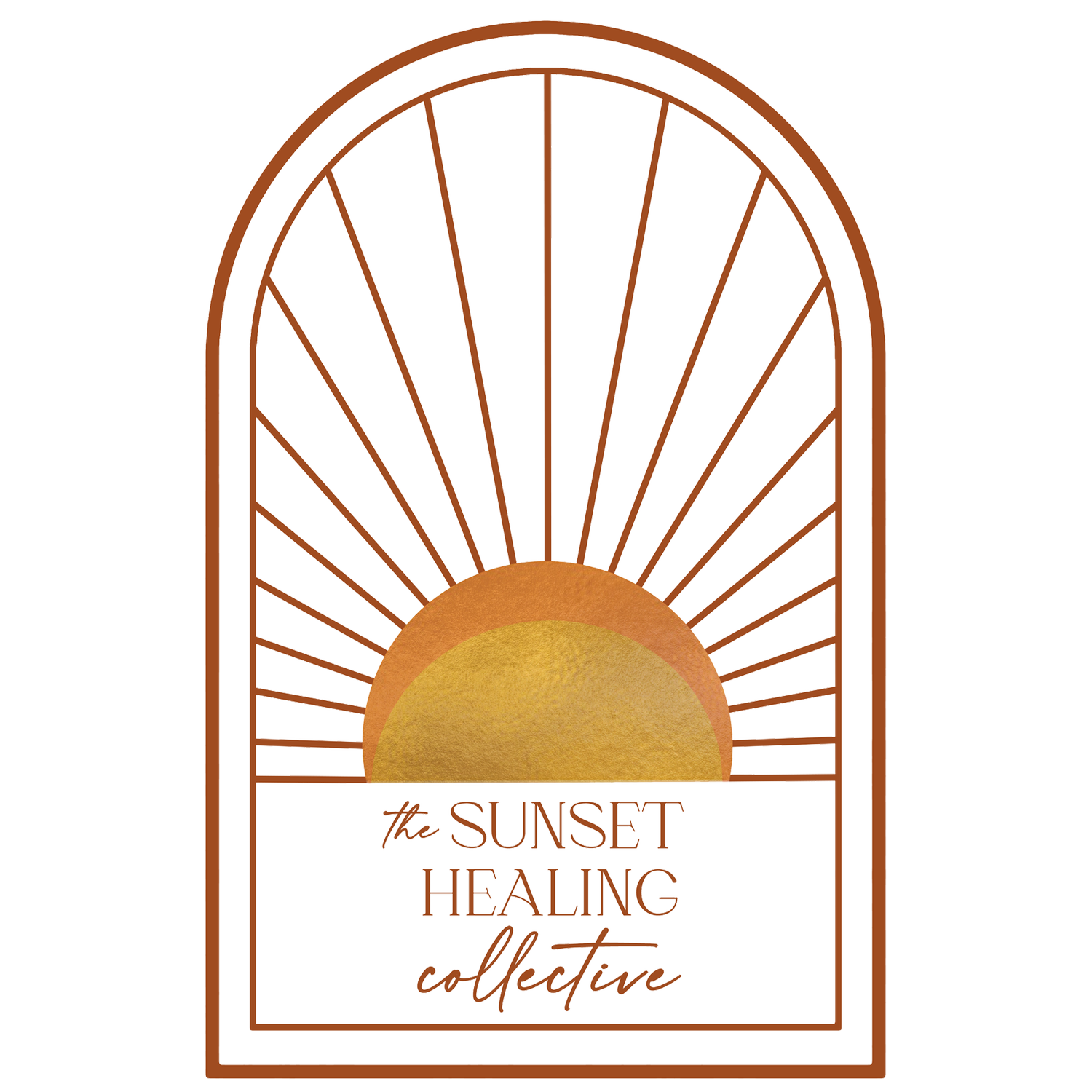Is Bone Broth a Good Source of Calcium?
Kristin’s Homemade Bone Broth
Advocates of ancestral diets (aka paleo) make claims about bone broth being high in a variety of nutrients, and calcium almost always gets touted as one of the major benefits. This belief that bone broth is high in calcium is so pervasive in the Nourishing Traditions/Westin A Price community it’s hard to find evidence to the contrary. It turns out, calcium content of bone broth varies widely, and more often than not, it is a POOR source of calcium.
I consider bone broth to be a nutrient dense, healthy food we should all consume.
Bone broth is good for bones, not necessarily because of its calcium content, but because it is a great source of collagen.
The role of calcium is overemphasized and the importance of collagen underestimated in the conventional medicine approach to the treatment of osteoporosis and osteopenia.
Collagen is the basic building block of bones. The collagen fibrils are responsible for forming a latticework for calcium phosphate and other minerals to be deposited. Collagen cross-links are a more important determinate of whole bone strength and fracture resistance than how much calcium is in the bones.
Calcium is rigid whereas collagen is flexible, and it is this flexibility of the bone tissue that protects against fracturing.
According to Kaayla T. Daniel, PhD, CCN:
For years, osteoporosis prevention relied on calcium alone. That has proven problematic for multiple reasons, including the fact that booming calcium supplement sales have resulted in marginal results at best. What’s more, recent news headlines in the New York Times and other major publications have warned against calcium supplements for reasons ranging from pain from kidney stones to death by heart attacks and stroke caused by calcification of the arteries and heart valves.
The problems of these studies — or the headlines summing them up — are legion, starting with the failure to differentiate between forms of calcium that are bioavailable to the body and the cheap, hard-to-absorb calcium carbonate form commonly found in mass-produced supplements.
Most people do poorly eating limestone, after all. The human body was also never designed for isolated minerals alone.
Finally, supplement failure and/or unwanted side effects are far more likely to occur with participants experiencing digestive disturbances, acid/alkaline imbalances, and other vitamin, mineral, fatty acid and amino acid deficiencies.
Bone broth is inexpensive and easy to make. In addition to being a great source of collagen, it is also rich in glycine, an amino acid necessary for keeping skin youthful, and critical for the health of joints and muscles.
My hope in sharing this information is that you will start putting more energy into eating wholesome, nutrient dense foods and stop wasting your money on potentially dangerous and often times unnecessary supplements.

